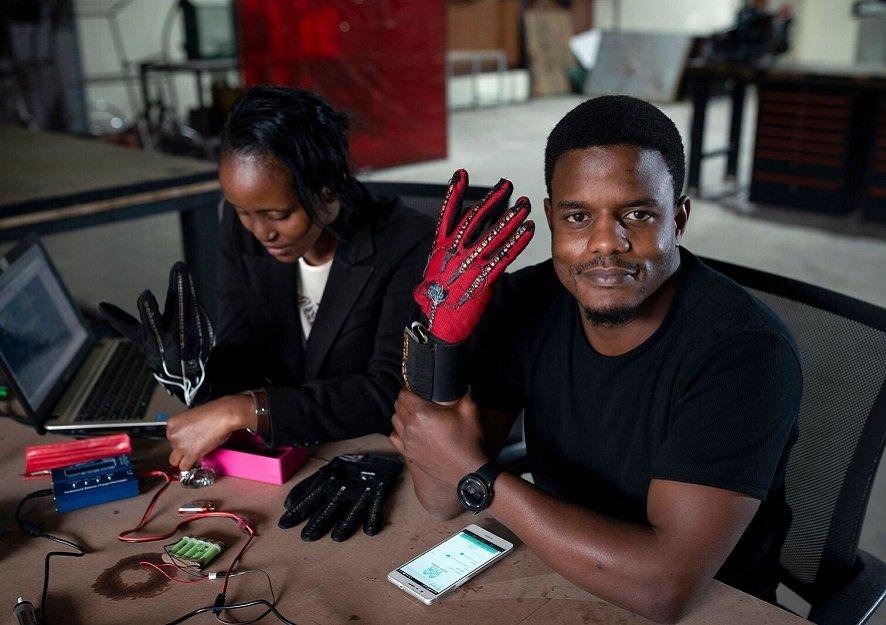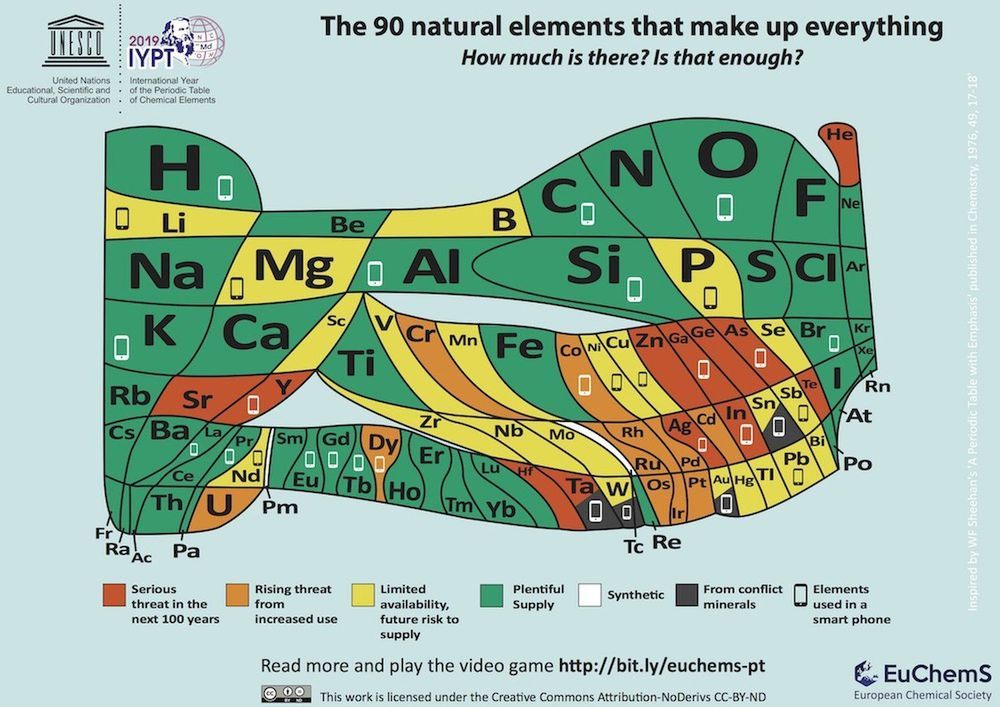Feb 6, 2019
A meteorite exploded over Cuba and its boom was captured on video
Posted by Genevieve Klien in categories: mobile phones, space
Space rocks come crashing down to Earth with somewhat startling regularity, and when they do they often create a big boom. When a meteorite detonates in Earth’s atmosphere it produces an explosion which researchers call bolides, or simply “fireballs.”
Most of the time, a fireball appears and disappears before anyone is quick enough to grab their smartphone and record it, so we’re left with dash cam videos and still images from stationary cameras to give us a glimpse of the event. Last week, a fireball came crashing down in Cuba and, in a rare treat, we actually get to hear it.

















